"If Martin Scorsese was going to make a superhero movie, he would make a Valiant movie," says owner
Dan Mintz, founder of Valiant's parent company DMG Entertainment, talks about the franchise's future after Bloodshot
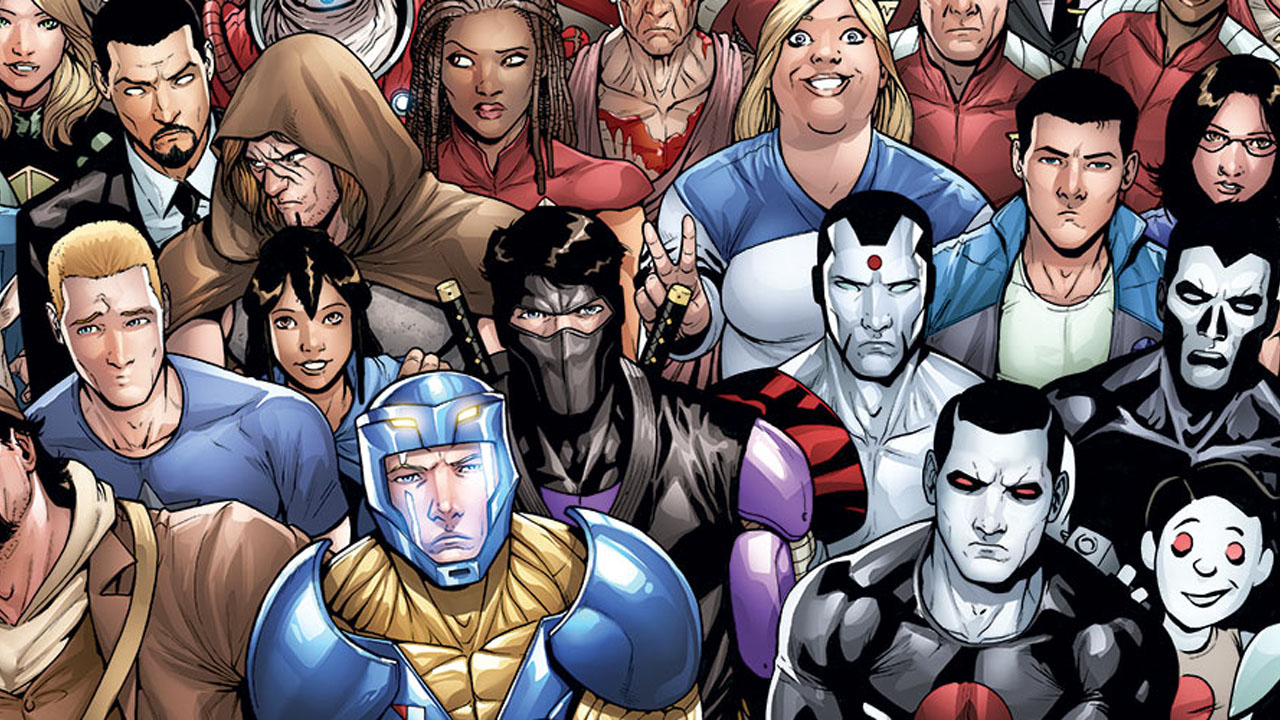
Columbia Pictures and Valiant Entertainment probably had a much different vision for the summer of 2020 and the release of their first film together, Bloodshot.
But you can't change the past (well, unless you're Valiant's Ivar the Timewalker). While news of an Ivar movie isn't out there yet, there are several other Valiant heroes in development for their silver-screen debut.
We spoke with Dan Mintz, founder of DMG Entertainment (the parent company of Valiant Entertainment), about their ambitions for a Valiant cinematic universe. Paramount Pictures is currently developing solo features for Valiant's Harbinger and Faith.
Newsarama: Dan, I wanted to start by talking about Bloodshot, the first entry into the Valiant Cinematic Universe. Right after it came out, a pandemic hit. What was going through your mind when that happened?
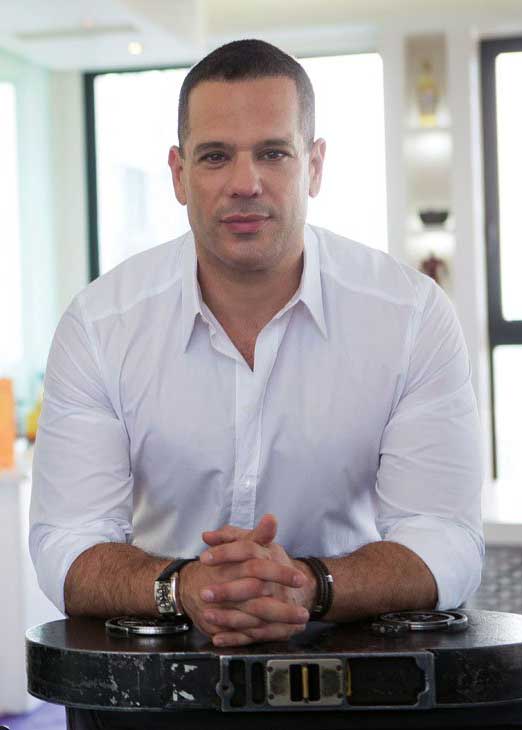
Dan Mintz: No one wants to open an important film like this in the middle of a pandemic. Obviously, that's not great. But I think we were still very fortunate on a lot of levels. It opened number one worldwide. It was number one on video on demand (VOD).
I think that's interesting to look at how cinematic universes are built. In the old days, [a franchise] always started big with film number one, then number two is okay, then number three was crappy and it died away. But it's been a little bit of a reverse lately. The whole point of a connected universe (and there's only three because it takes so long to build them) is that you get to watch your favorite character on the big screen long after they can no longer support their own film.
That's what a connected universe really builds - characters that you want to see again but maybe are not enough to hold an event film on their own. Still, Bloodshot is really our Blade. At the end of the day, it's really not part of this connected universe. It's more like that first one-off. But the response is really strong, scores have been good. It's picking up a lot of steam.
Get the best comic news, insights, opinions, analysis and more!
Nrama: So after Bloodshot, how is Valiant building its own unique cinematic universe? What makes it different from the rest?
Mintz: Comic books have done those [stories] for years. It was Marvel that really built them into the cinematic world; they built a superhighway to that world. Our job is to find our lane. And I really think our lane is to raise the pirate flag – If you look at these established universes, they're kind of like network TV. We, however, are more like HBO.
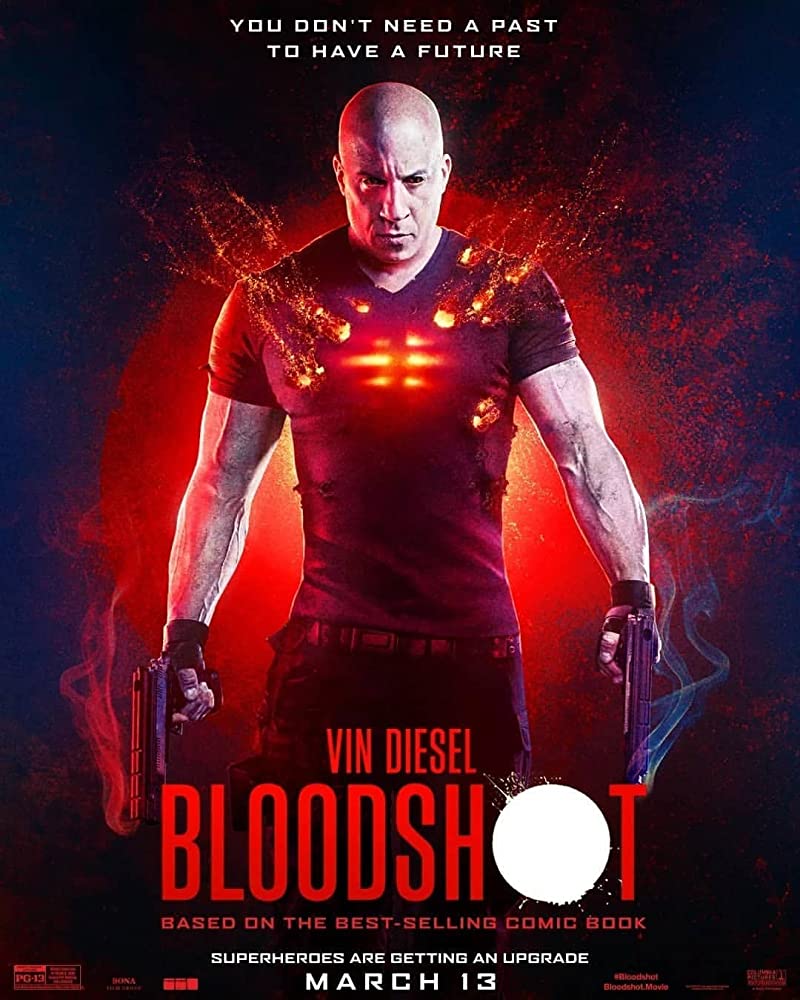
Don't get me wrong, those cinematic universes are great and I love them. They're doing incredible work. But if you look at them as Roger Moore, we're kind of like Daniel Craig. It's this edge that comes from being a product of its time. [Valiant] has these morally gray characters. They're people that don't always make the right decisions. They make you think, "Would I have made that decision?"
I think what's very fortunate for us is that we're standing on the shoulders of giants. We already have this established visual category of superheroes. If someone is sitting there in tights and has ray beams coming out of their eyes, you know that they are a superhero. You don't need to establish that. So now we can go and do deeper characters. And that's really what Valiant is about, that grayness of it.
Nrama: What do you mean when you say Valiant can do "deeper characters"?
Mintz: I see [these characters] as very real because they are so gray. Life is gray, as we can see, and we put the transparency of that statement on the table very early on in Valiant.
Think of it like a Martin Scorsese film. When you watch those, you basically watch life compressed down into two hours. I've said this before, but if Scorcese was going to make a superhero movie, he would make a Valiant movie. His characters are so unpredictable, we just don't know what they're going to do. When Robert De Niro walks on screen, you don't know if he's going to kiss you or kill you. Those instances throw things off and spin stories off into different directions.
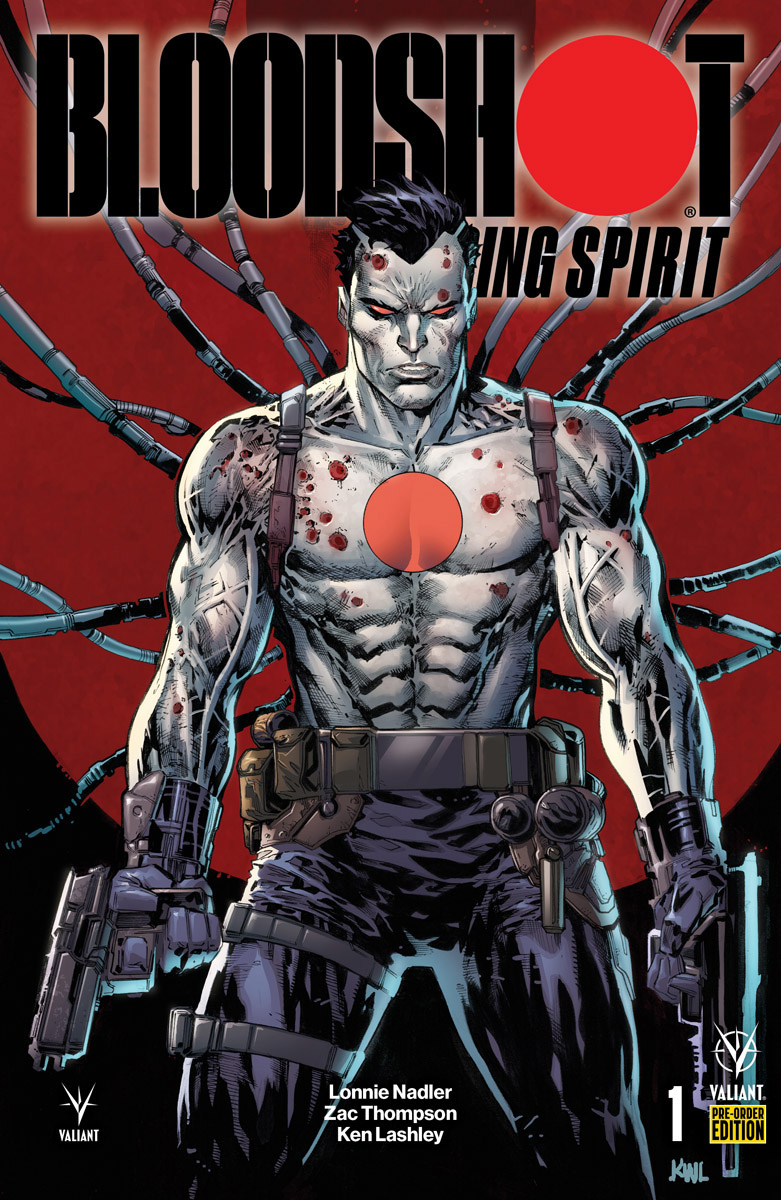
The domino effect of those characters' actions makes for an interesting story in someone else's movie. Those big philosophical questions weigh on these characters. Anything that makes epic adventure is in there, in those layers and those complexities.
Nrama: How are you making sure you keep these gray characters true to themselves on screen? After all, you've got decades of comic book history to turn into two-hour movies. How are you keeping those themes and complex characters when you transition to on-screen?
Mintz: Well, "that's the job," as they say. We have to ask: how do we focus on what makes these so different? What defines them? Then we take that defining element of a character and start sharpening it. It's like making a samurai sword. You put it in a fire, bang on it, fold it, and put it back in the fire. We're constantly identifying and compacting those defining moments, sharpening them to the point where they generate a level of emotion that resonates with people immediately.
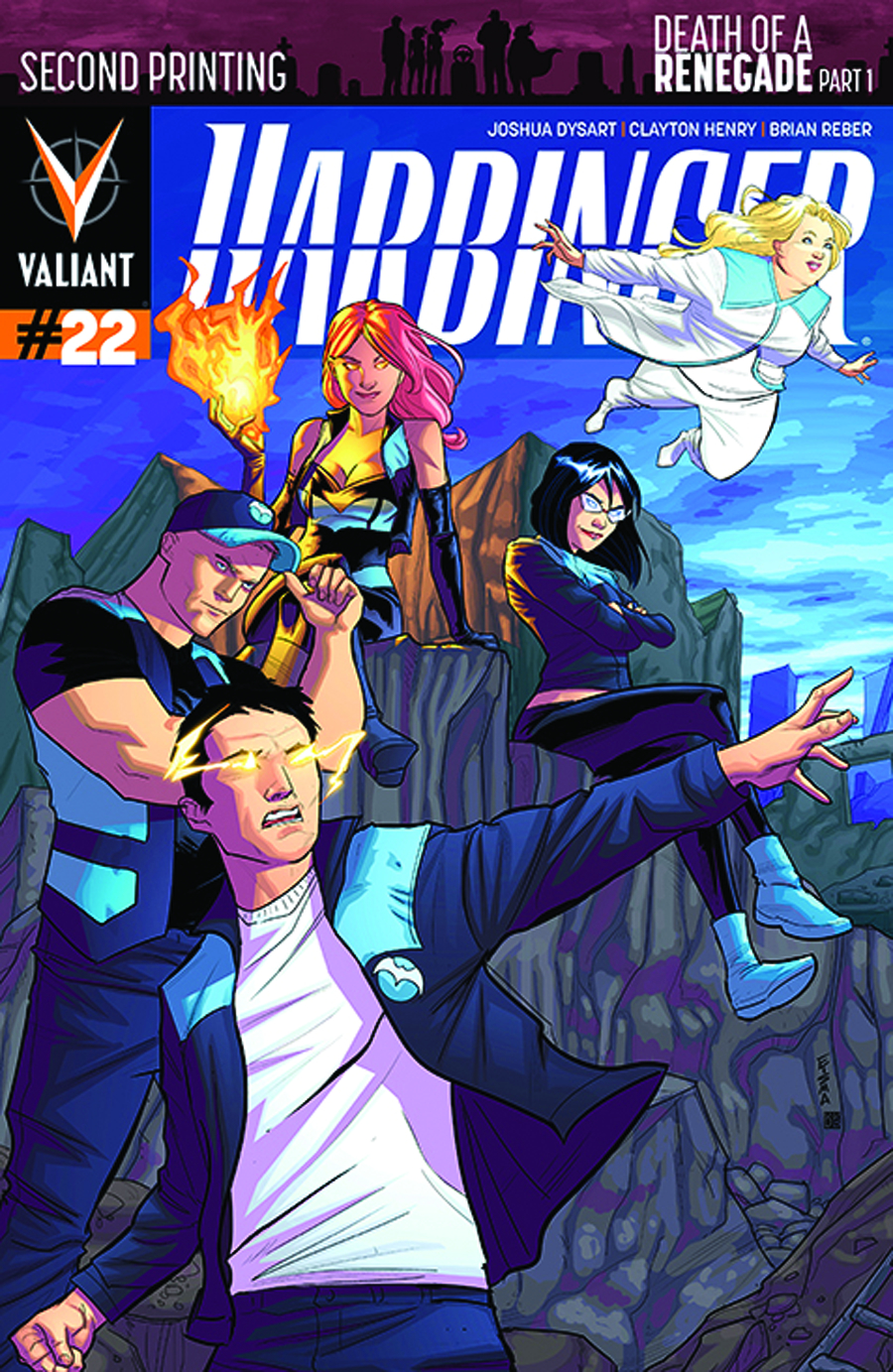
We need to make very specific choices. You know, in the comics, we have different writers that make different choices based on the same character. But they might not have made the same choice as another writer. We need to find the same choices. And we need to know that five, seven, ten movies down the road, that that choice is going to affect something.
Nrama: You've referred to comics in the past as " the anchor of pop culture." Could you explain what you mean by that?
Mintz: Well, first of all, in the film industry, I don't think people really get comics. They look at it and they say, "When is this fad going to be over? When will there be enough comic book movies?" The format, to them, is just a bunch of drawings with people that talk in bubbles. They think it's a fad, something that's going to go out of style. What they miss are two very important underlying issues.
First, comics are the serials of our time. Like the western, gangster, pulp fiction serials of the '30s. The second thing they miss is that comics bring everything in pop culture together. That's what I mean by "they're the anchor of pop culture."
Everything in pop culture is relevant in comics. You can reference anything you want, you can have a story that's set in the West in the 1860s but still reference David Hasselhoff. That puts you in on the joke and brings you into the story. We know you know the reference we're making.
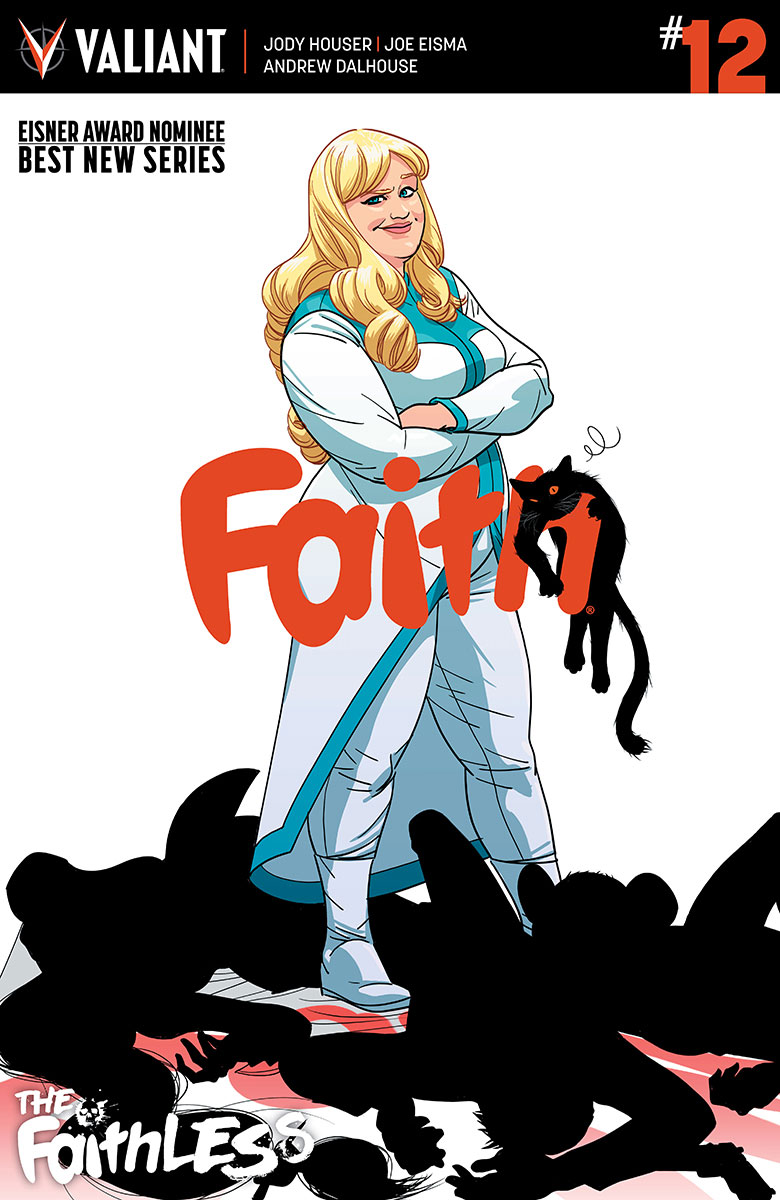
The person reading comics and the person writing comics are very similar. And that is a very unique relationship. You can reference anything anywhere as a throwaway and people will get it. Because they're in pop culture, they play video games, they look at comics, they listen to music, and they watch movies.
Nrama: Comic books have given so much to the film industry. In your opinion, how can the film industry, especially comic book films, give back to comic books?
Mintz: One of the things I'm really focused on is cross-collaboration, the kind that goes on between writers and artists and screenwriters and concept artists and storyboard artists. I'm very big on bringing those elements together. That's why I think there's a lot to gain from everybody.
And what that does, I think, is make nerds around the world proud. We're all kind of nerdy in that way. We can look at the references in the movies and say, "it's not just me." When you put the work in to read the comics, these things pay off. Maybe it's a little Easter egg, or maybe it's a scene that went over everyone else's head. But you got it. Things like that are very rewarding.
Nrama: You've said one of the things you love about Valiant is that you do relate to the characters. On a personal note, is there a Valiant character that you really relate to?
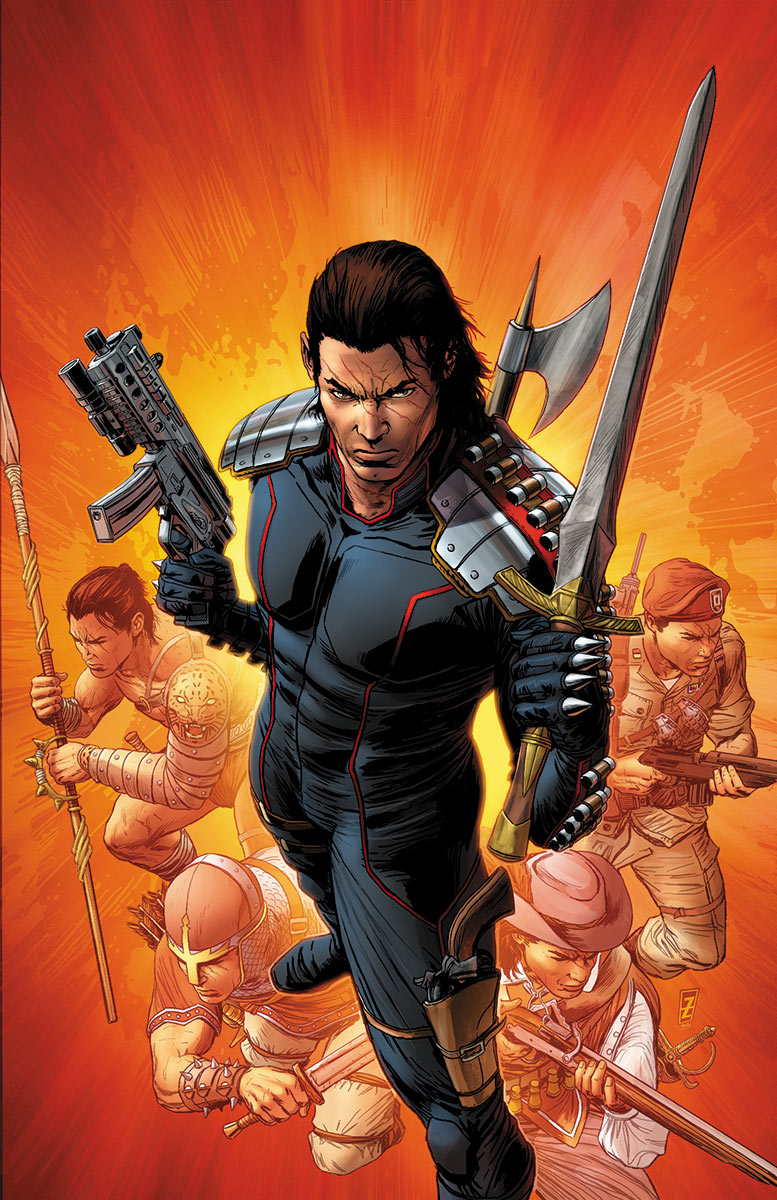
Mintz: I go through phases. It depends on my mood and my outlook. Sometimes I feel that, in order to get through tough times, and we're in tough times, you need the Eternal Warrior. The Eternal Warrior is the steady hand on the wheel that gets the ship through the storm.
Then there are other times when it's Shadowman. That whole idea of being connected to a very defined culture, but also having a stairway to the unknown and the eternal. That kind of connection is very interesting. Who doesn't want to go into the Deadside and find someone they've lost, or someone they would love to meet. That is an amazing opportunity.
At the same time, I like reading all of the different stories and seeing all of these fascinating characters. Different characters come to you and resonate with you at different times, because of what you're going through. That's what makes these characters universal. That's why they've lasted 30 years.

Grant DeArmitt is a NYC-based writer and editor who regularly contributes bylines to Newsarama. Grant is a horror aficionado, writing about the genre for Nightmare on Film Street, and has written features, reviews, and interviews for the likes of PanelxPanel and Monkeys Fighting Robots. Grant says he probably isn't a werewolf… but you can never be too careful.


